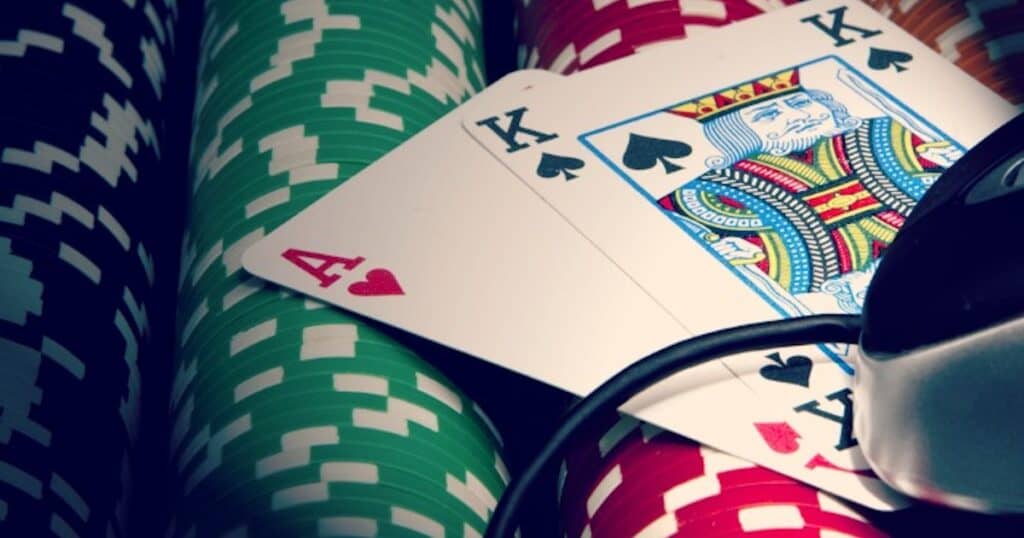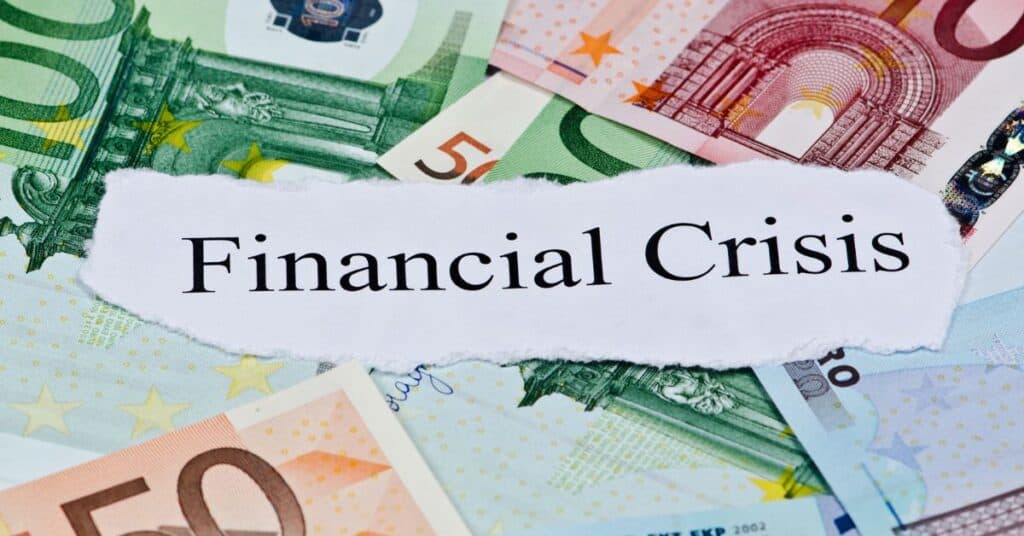- 98143 70700
- info@thehermitage.rehab
- 22, Circular road, Opp. VR Ambarsar, Amritsar
Gambling addiction, also known as gambling disorder, is a serious mental health condition that affects millions of people worldwide and yet is often neglected because as severe as this disease may be, its true nature remains hidden for a very long time. The individuals themselves tend to minimise the destruction that gambling has brought upon them making it even harder to seek help when it is much required.
From the studies and research, there is solution to this habit of gambling addiction with the help of expert psychiatrists and counselling sessions.

According to the DSM-V criteria for gambling disorder, an individual must exhibit at least four of the following symptoms over 12 months:

The causes of gambling addiction are complex and multifaceted. Genetics, environmental factors, and personal circumstances can all play a role in the development of gambling addiction. For example, individuals who have a family history of addiction may be more susceptible to developing a gambling addiction. Additionally, individuals who are exposed to gambling at an early age or who live in areas where gambling is prevalent may be more likely to develop a gambling addiction.
The effects of gambling addiction can be devastating. Individuals who struggle with a gambling addiction may experience;

“According to the National Council on Problem Gambling, gambling addiction can lead to depression, anxiety, and even self-harming behaviours. In addition, individuals who struggle with gambling addiction may experience physical symptoms such as insomnia, headaches, and stomach problems.”
Fortunately, there are treatment options available for individuals who struggle with gambling addiction. Inpatient rehabilitation, outpatient rehabilitation, Cognitive-behavioral therapy (CBT) or Psychotherapy, the pharmaceutical intervention is effective in treating gambling addiction. The main goal of any treatment service for problematic gambling is to help individuals identify and change negative thought patterns and behaviours leading to their compulsive need to gamble and manage their triggers and set behavioural patterns for the better.

In conclusion, gambling addiction is a serious mental health condition that can have devastating effects on an individual’s life. By understanding the causes and effects of gambling addiction and seeking professional help when needed, individuals can overcome their addiction and reclaim their lives.
A recovery program, a support system and lifestyle changes can go a long way to help individuals bring back the lost hope.
WhatsApp us